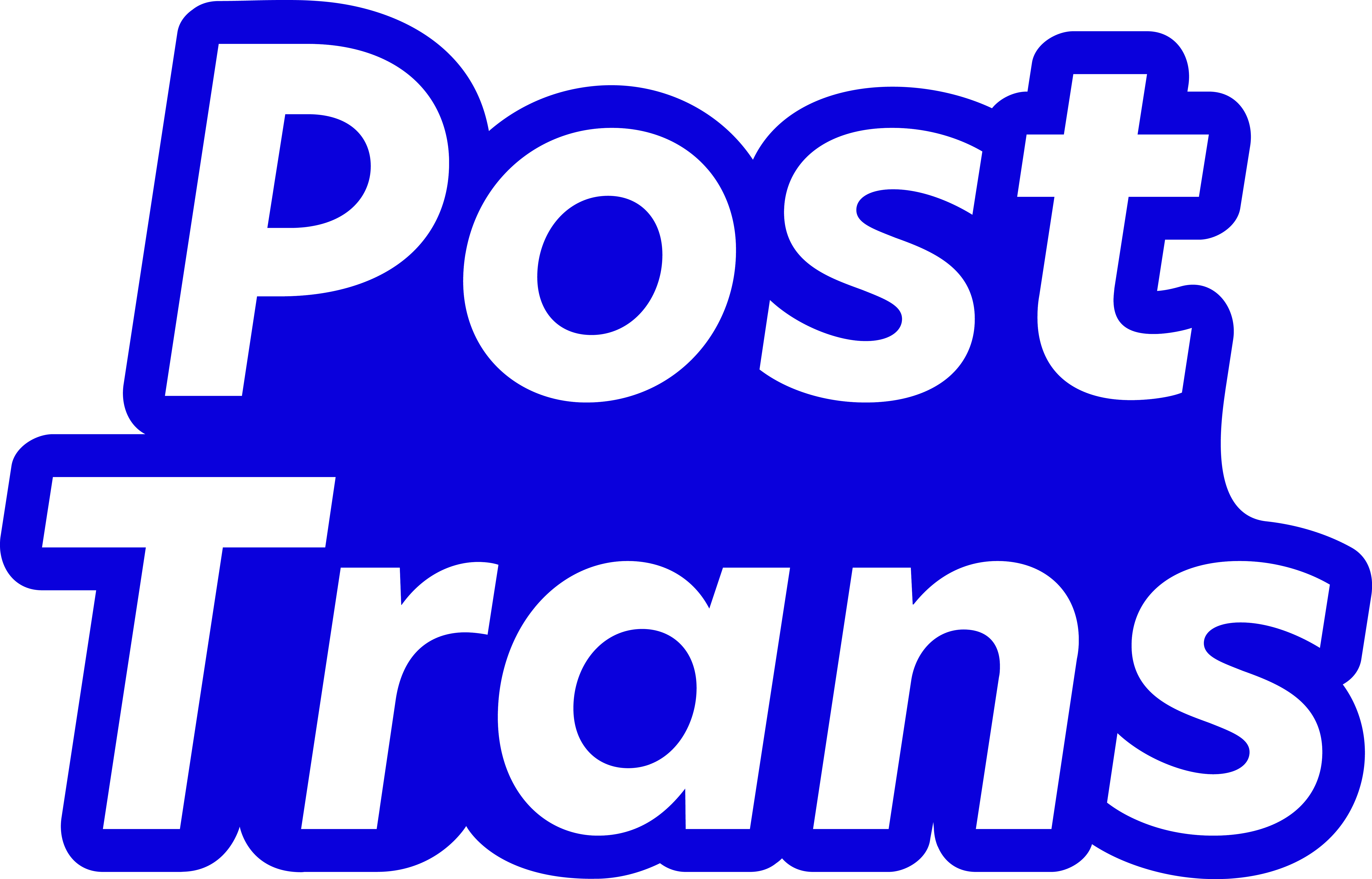Content warning: Child abuse
I was abused and isolated as a kid. I did not have many friends. I went to college and found my tribe by starting a black woman’s organization, but it wasn’t long before white trans people came and bullied us into letting them in. This was the first time I came in contact with the authoritarian nature of the community. At the time I was honored and even joined an organization to educate about gender and sexuality on campus. In college I identified as non-binary transmasculine person.
I remember taking showers with my mom and she would criticize my body in this closed off vulnerable space. I was raised in predominantly white schools and also had what I call racial dysphoria. Instead of exploring any of that trauma, I felt it was better to opt out of gender because I couldn’t opt out of any other social category. The people who supported me in my early years were trans. I remember the trans people around me saying some of the most vile things about black women like, “if black women have all that masculinity and testosterone and get to be called women, why don’t we.”
I was so starved for friendship and self hating that I went along with it. My community support started falling apart when I started exploring my neurodiversity. There isn’t enough space to talk about how the movement picks out women with autism or women with harsh socializations around their bodies, like black women, and makes them think they have to alter their bodies to find peace. I’m glad I got out of that toxic space, but I regret the years I wasted hating myself for being just a bisexual black woman with autism and dysphoria.
< Previous Next >
This website and all its images are protected by copyright. Reproducing or distributing an image or part of an image in any form or manner is illegal. They may not be published without prior permission from the founders of Post Trans.
